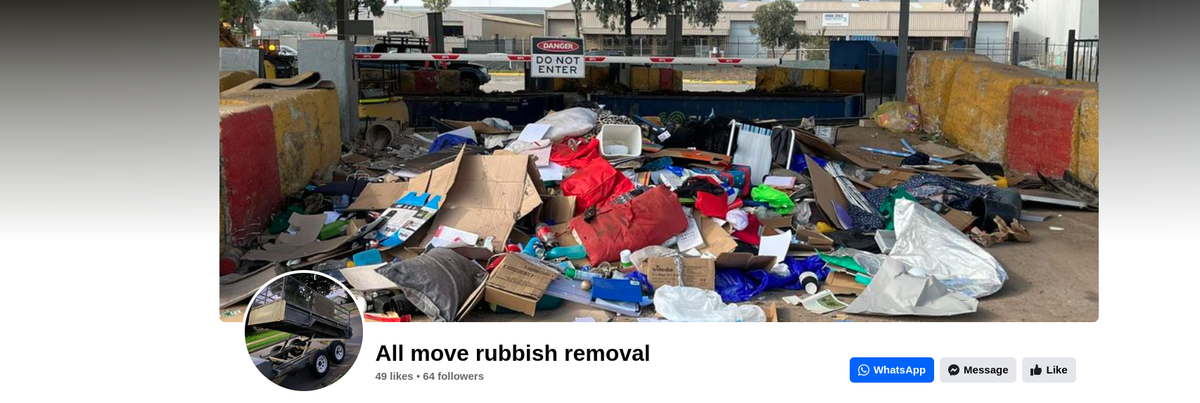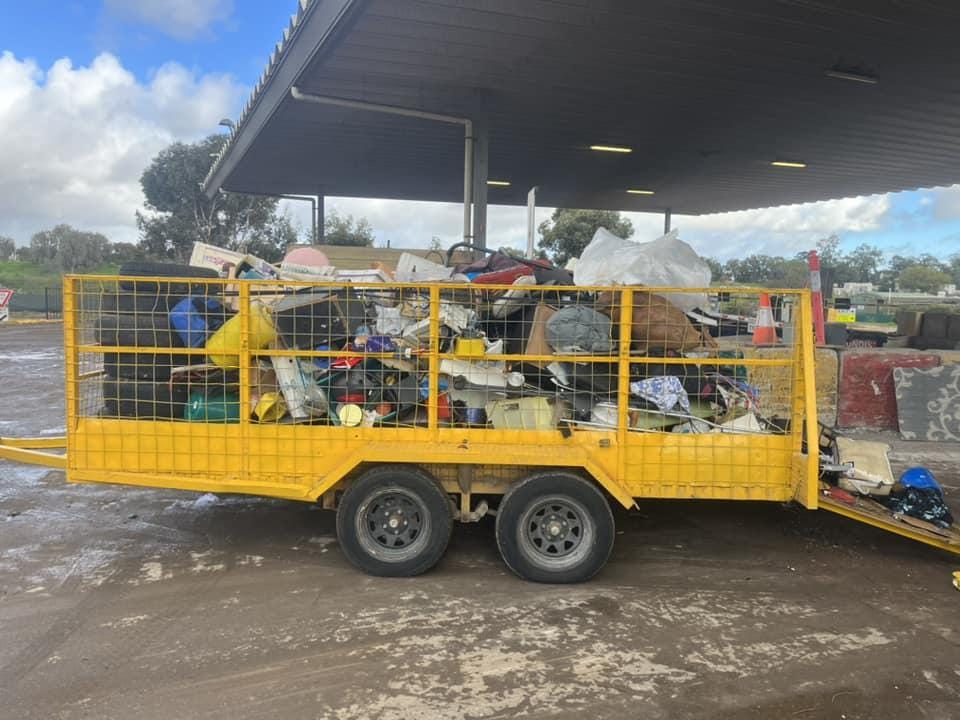Environmental Offences: A Legal Verdict on the Dumping Dilemma

In a recent session at the Environment, Resources, and Development Court in Adelaide, Senior Judge Durrant presided over a significant case involving environmental violations.
Samuel John Durante found himself facing charges related to the contravention of the Local Nuisance and Litter Control Act. Let's delve into the details of the case and the judge's sentencing decision.
Samuel Durante is the owner of a Facebook Business Page: All Move Rubbish Removal
Rubbish removal we break it we take it
It is my honest option that Sam didn't want to pay for the extra fee's when it comes to dumping tyres. That is why he pocketed the extra profit and dumped the tyres road side.

The Investigation

The case unfolded when the informant discovered illegally dumped tires on Oates Road. A homemade trailer linked to Durante was witnessed being used for the dumping. Subsequent incidents involved further tire dumping at different locations, ultimately traced back to Durante's ownership of the involved trailers.
The Charges
On Thursday, 1 February 2024, at 9:52 a.m., Judge Durrant addressed the courtroom, revealing that Durante had been found guilty of four counts of contravening the Local Nuisance and Litter Control Act. The charges stemmed from incidents where general litter was dumped on council road reserves without the necessary consent.
Details of the Offences:
The first two offences involved Durante, the owner of a vehicle, dumping general litter onto council road reserves in Ward Belt without the consent of the Light Regional Council.
The third and fourth offences related to the dumping of litter on council road reserves in Reeves Plains without the consent of the Adelaide Plains Council. In each case, the amount of litter exceeded 50 litres, leading to a maximum penalty of $30,000 or imprisonment for six months per offence.

The Judgement:
Judge Durrant emphasised the paramount consideration in environmental offences: protecting the safety of the community and preventing pollution of the environment. He highlighted the importance of deterring both the defendant and the broader community from committing similar offences to ensure the effectiveness of environmental legislation.
Penalty Imposed:
Despite the informants' urging for imprisonment, Judge Durrant opted for substantial fines and convictions to send a strong message against such conduct.
For offences involving the Light Regional Council, a single penalty of $6,000 was imposed, along with cleanup costs, legal fees, and mandatory victims of crime levies. The same penalty was applied for offences involving the Adelaide Plains Council, with additional cleanup costs.
Mr Durante is ordered to pay the costs of clean up in the amount of $1,257.99;
- $375.50 in filing fees
- $400 in legal costs
- $60.50 service fee as well as the mandatory victims of crime levies

Conclusion:
The case against Samuel Durante serves as a stern reminder of the legal consequences associated with environmental offences. Judge Durrant's sentencing underscores the importance of deterring such actions and holding individuals accountable for their impact on the community and the environment.
As communities strive for a cleaner, safer environment, legal actions like this play a crucial role in upholding environmental protection laws.



